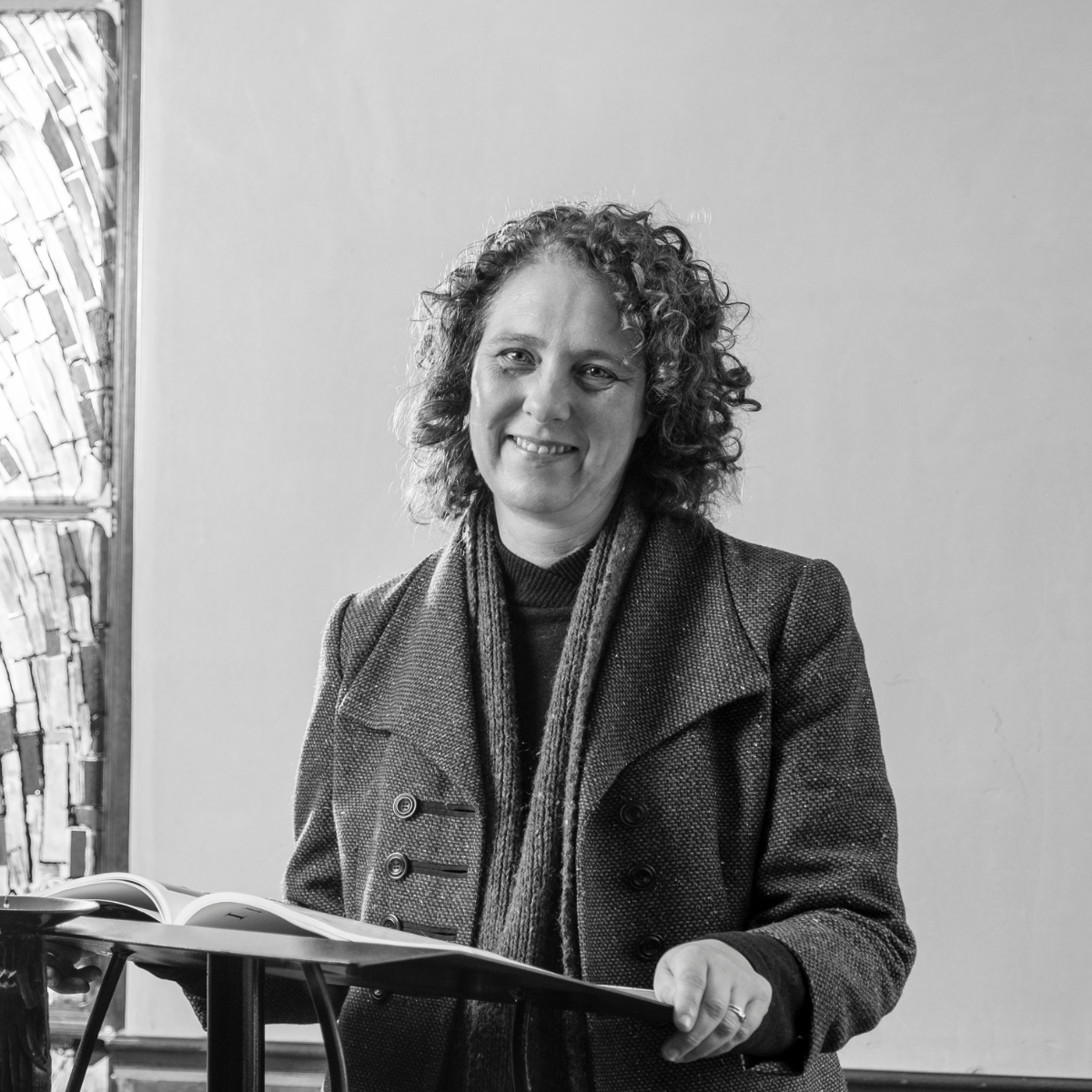Commentary on Deuteronomy 6:1-9
The lectionary reading for this week is the Shema, the core confession of faith in the Jewish tradition: “Hear, O Israel: The Lord is our God, the Lord alone” (or alternatively one could say “the Lord is one”).
The Shema continues with the imperative “You shall love the Lord your God with all your heart, and with all your soul, and with all your might.” In good days, in dark days; where people are congregated, where people are alone, these words are always to be with the believer. In verses 6-9 the believer is furthermore implored to “keep these words … in your heart;” to “recite them to your children and talk about them when you are at home and when you are away, when you lie down and when you rise;” to “bind them as a sign on your hand, fix them as an emblem on your forehead, and write them on the doorposts of your house and on your gates.” One indeed can say that the Shema is the heart of the Jewish, and also our religion, which ought to be standing front and center in one’s everyday life.
However, when one reads this classic text there are a number of things this text could say, but probably should not. First, the Shema occurs in a context in which the Israelites are standing at the border of the Promised Land that, as verse 1 notes, they “are about to cross into and occupy.” Now in a context of colonization and people invading and occupying other people’s lands, this text can indeed be said to show the link between religion and politics in which God is used to dominate and subjugate the many other nations with which Israel shared the land. In this regard, it is so important to read the Shema as Thomas Mann does in his commentary on Deuteronomy 6 (Westminster Bible Companion, pp. 51-53), in which he invokes the tradition of the liberator God who had freed Israel from the house of bondage in discerning the significance of the Shema. Mann writes that according to Deuteronomy 6:20, “when your children ask you in time to come, ‘What is the meaning of the decrees and the statutes and the ordinances that the Lord our God has commanded you?,’” the answer should center around the memory of when the Israelites were slaves in Egypt, and how God had delivered them with a mighty hand (verses 21-22). It is this memory of being liberated and freed from slavery that is to be central to Israel’s understanding of the One God they serve, and that is to determine their identity of living as the people of God. This memory of being slaves thus ought to prevent one from enslaving others.
Second, the Shema is not saying that God is the only God and there is none other. In the biblical traditions, there was a keen sense of other gods like Asherah, Baal, Moloch and Astarte. Much of the Deuteronomistic tradition is concerned with the fact that in a context of many gods, one will according to the covenant relationship pledge allegiance to the God of Abraham, Sarah and Hagar, Isaac and Rebecca, Jacob, Rachel, Leah, Bilhah and Zilpah alone.
Third, the Shema occurs in a context in which the observance of these decrees and commandments that God is commanding the people is intrinsically linked with what in contemporary circles may be described as prosperity gospel: If you keep the commandments, it will go well with you, and you will flourish and become many in the Promised Land that is described as “a land flowing with milk and honey” (verses 2-3). We, as also many other voices in the biblical traditions, know that this is not always the case. Despite one’s best efforts to keep the commandments and love God with all of your heart, your being and your might, things still may go terribly wrong, both personally and collectively. In this regard, it is interesting to see how the Shema functions in theological reflection after the Holocaust in terms of the question of how one can continue to pray the Shema in some of the darkest days seen by humanity. A powerful example comes from a poem by Primo Levi that is based on the Shema:
Shema
You who live secure
In your warm houses,
Who return at evening to find
Hot food and friendly faces:
Consider whether this is a man,
Who labours in the mud
Who knows no peace
Who fights for a crust of bread
Who dies at a yes or a no.
Consider whether this is a woman,
Without hair or name
With no more strength to remember
Eyes empty and womb cold
As a frog in winter.
Consider that this has been:
I commend these words to you.
Engrave them on your hearts
When you are in your house, when you walk on your way,
When you go to bed, when you rise.
Repeat them to your children.
Or may your house crumble,
Disease render you powerless,
Your offspring avert their faces from you. 1
What is interesting about this poem is that it calls on people during, and also after, the Holocaust to remember what had happened, and to recognize the incredible suffering done to men, women, and children. This poem powerfully expresses the intrinsic link between the Shema that is centered on loving God with all of one’s being that is considered to be the heart of the Jewish religion, and loving one’s neighbor. Conversely, it raises the question: How can you say you love the Lord your God who is One while your brother and sister are experiencing the most horrific treatment cited by witnesses like also Primo Levi? True devotion to the One God thus implies that we stand where God stands and challenge all dignity-denying behavior to all people, in all places, at all times.
Notes:
- Shema. Poem by Primo Levi, translated by Ruth Feldman & Brian Swann; published on Los Angeles Museum of the Holocaust’s website at http://www.lamoth.org/visitor-information/guide-to-the-museum/museum-panels/room-7/liberation-poetry–verse/shema-poem-by-primo-levi/


November 4, 2018